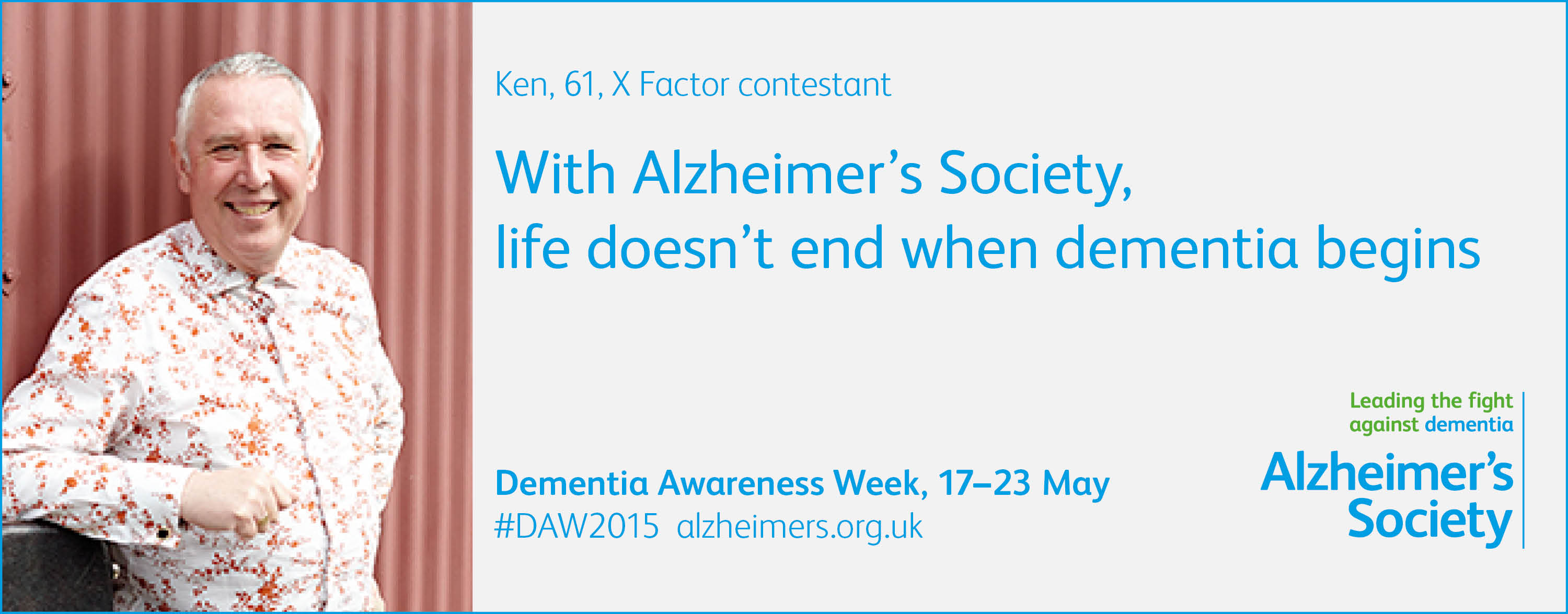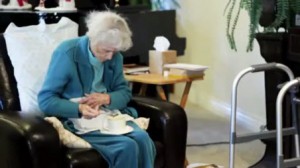Tomorrow (Sunday 18th May 2015) sees the first day of Dementia Awareness Week.
PatientTalk.Org are delighted to once again throw our digital wight behind this important event! For a great overview of dementia please check out our interview with Dr Nori Graham who is Medical Director of Red and Yellow Care, Vice President of Alzheimer’s Disease International and The Alzheimer’s Society.
The Alzheimer’s Society have developed five key informational points that they wish to promote this Dementia Awareness Week.
Dementia is not a natural part of ageing
Dementia is more common among older people , and some of us do become more forgetful as we get older, during times of stress or, in fact, illness. But dementia is a very different sort of forgetfulness. Your memory loss will be very noticeable, and may be accompanied by mood changes and confusion/brain fog. It’s important to ask your doctor to check out any unusual symptoms as these can sometimes be treated quite easily.
Dementia is caused by diseases of the brain
Dementia is the name for a Syndrome (collection of symptoms) that includes memory loss, mood changes/brain fog and problems with communication and rational thought. These symptoms are brought about by a number of diseases that affect the brain. The most common of these is Alzheimer’s disease, which causes the brain cells to die. Other types of dementia include vascular dementia and Pick’s disease.
It’s not just about losing your memory
People often think of dementia as a form of memory loss. And that is often true in the first instance. But it’s more than that – it can also affect the way people think, speak, perceive things, feel and behave. Dementia makes it harder to communicate and do everyday things, but there is a lot that can be done to help.
It’s possible to live well with dementia
Many people with dementia continue to drive, socialise and hold down satisfying jobs. Even as dementia progresses, many people lead active, healthy lives, continue their hobbies, and enjoy loving friendships and relationships. Of course dementia does make it harder to do certain things, but it is possible for someone with dementia to get the very best out of life.
There’s more to a person than the dementia
When someone is diagnosed, their plans for the future might change and they may need more help and support to keep doing the things they enjoy – but dementia doesn’t change who they are. Where there is life there is hope.

